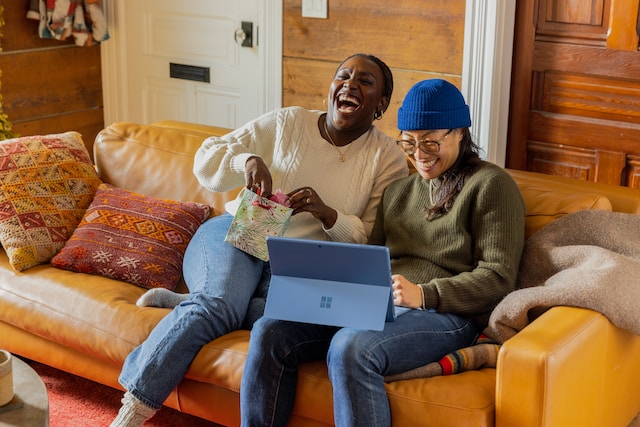What is Social Anxiety
Social anxiety is excessive and persistent fear of being judged. Experiencing social anxiety means just the thought of facing certain social situations can produce intense feelings of worry, nervousness, fear and dread. Those with social anxiety may worry about embarrassing or humiliating themselves and tend to see themselves as flawed in some way. Social anxiety causes stress in situations where the person feels they may be judged by others, such as parties, dating, shopping, public speaking, ordering food or getting a haircut. Because of this, they tend to avoid these situations as much as they can which can be detrimental to their lives through missing important events or opportunities, they would have wished they could attend.
Anxiety is a natural fight or flight response to danger or acutely stressful situations. An anxiety disorder is an intense anxiety response that occurs in anticipation of routine events or under normal circumstances. Social anxiety can also make it difficult for some people to say no and hold healthy boundaries as well as the ability to maintain friendships, this can have significant impacts on self-esteem, confidence and psychological well-being.
A social anxiety disorder can be extremely disruptive, distressing and debilitating, but it doesn’t have to control your life.

Signs of Social Anxiety
Physical: Blushing, sweating, trembling or shaking, nausea, racing heart and panic.
Psychological Symptoms: Low-self-esteem, negative and self-critical thoughts, worrying about social situations and ruminating about them afterwards, assuming others are judgemental and harsh.
Behavioural symptoms: Avoiding social situations even if they’re something important, using drugs or alcohol to cope or feel more outgoing, wearing dark clothes to hide sweating, only attending social situations if you are with a friend, planning what you’ll do or say in advance of the situation.
(This is not an exhaustive list)
Managing Social Anxiety
People with social anxiety tend to overestimate the likelihood of being judged by other people and underestimate their own worth. Its important to understand how your social anxiety affects you. Do you worry about interacting with strangers, talking to someone you have met a few times before in a small group situation? Do you avoid public speaking, skip parties or use alcohol or drugs to cope and struggle through these situations? You may also be hyperaware of the physical symptoms such as blushing or sweating or feel unsure about where to position yourself in a room or where to put your hands.
- Gain an insight into the nature of your social anxiety by keeping a journal of feelings, physical reactions, thoughts and behaviours that occur when you’re feeling the symptoms. By doing this, you can identify patterns in your responses and the situations that elicit them.
- Challenging or shifting your thoughts, this can mean making a list of your three best features and reading it to yourself when you find yourself focusing on negative thoughts. Think about if your fears are realistic; what’s the worst that could happen, how likely is it to happen and how bad would it really be if it did happen? Challenge your opinions of others, everyone makes mistakes, and most people aren’t waiting to pounce if you make one. Most people are too focused on themselves to pay such close attention to others.
- Use grounding techniques when feeling the symptoms of social anxiety. Breathing and facing the emotions head on without judging them or acting on them can be a helpful tool; one by one, shift your focus to each of your five senses and think about what you are seeing, smelling, tasting, hearing and are able to touch in that moment. Shifting your attention away from your worries and back to the present using these techniques can work as a circuit breaker for your anxiety.
- These strategies can be extremely helpful, but working with professionals to manage your anxiety and social anxiety without the use of alcohol and other drugs can be even more valuable.

If you are ready to tackle your social anxiety and alcohol or other drug use issues, we can help. Reach out to us on 03 8738 4252 for further assistance.

